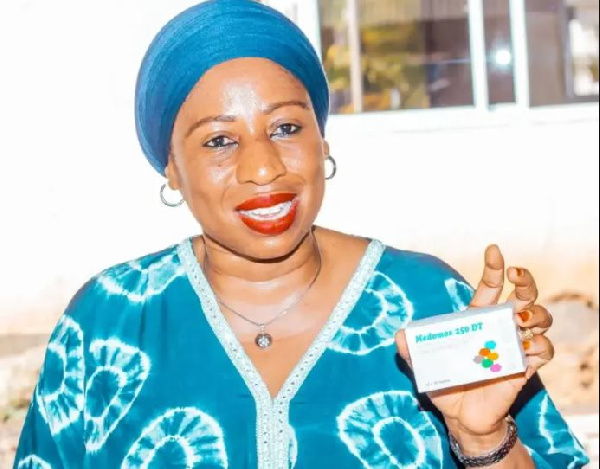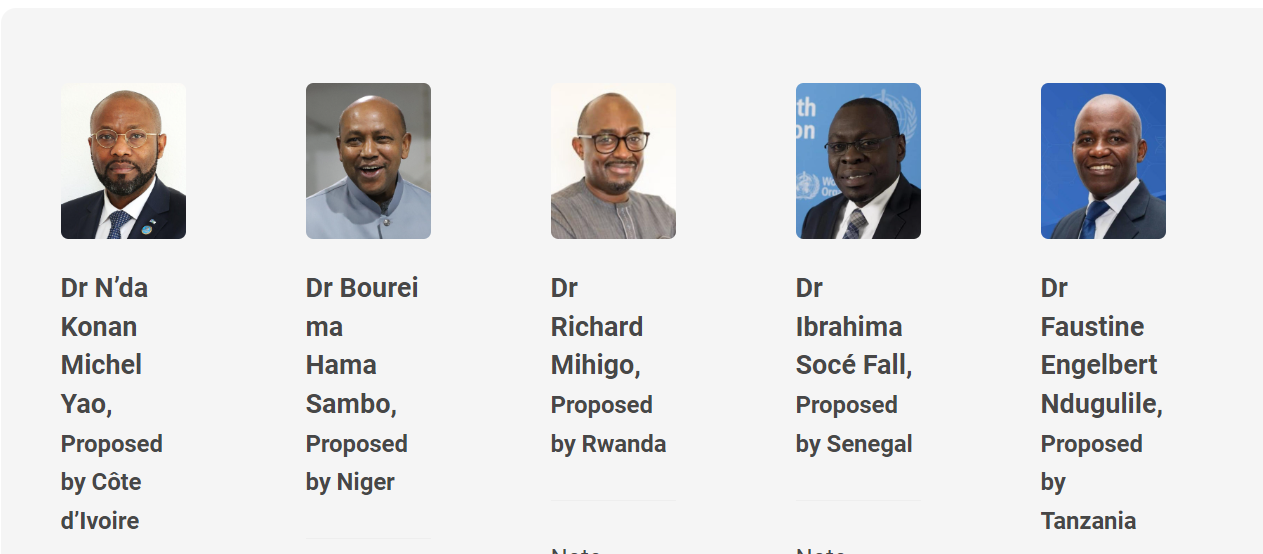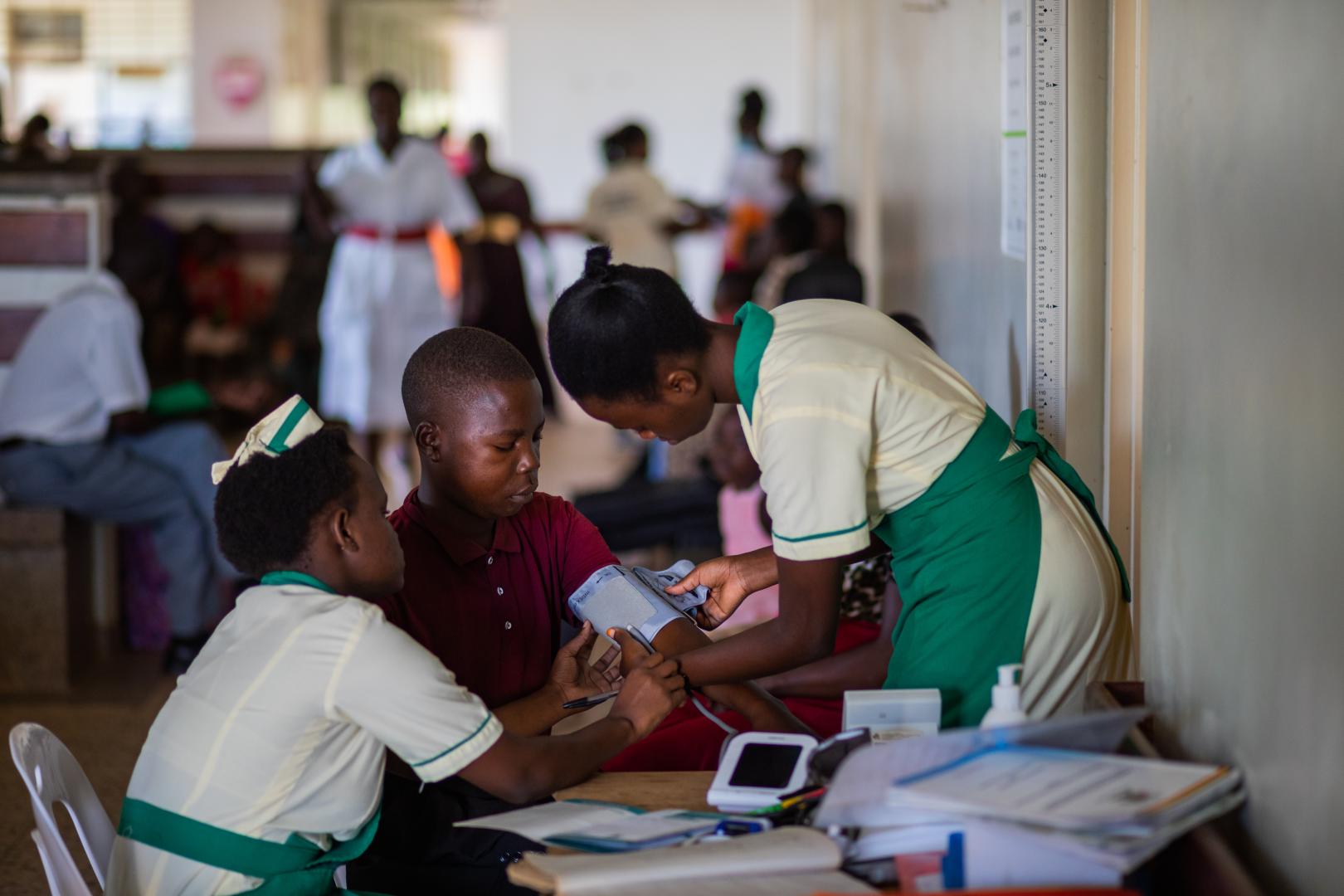The 51st birthday is approaching for Ummy Ally Mwalimu, fondly known as “Odo” or in Kiswahili as Mama Mdogo, a Digo tribe version of maternal aunt. That’s how she is well known in Tanga where she was born on September 5th 1973. Married with two children, Ummy is the 5th born to Makwaya Ally Mwalimu, a civil servant who retired as a health officer at Bombo Hospital in the region. She is also a Member of Parliament (MP) in her urban constituency. For 14 years of her life, she has been in the corridors of power, serving in government—more so in ministerial positions —under three Presidents in a series, until Wednesday night when President Samia Suluhu Hassan dropped her from the cabinet without stating reasons. Until then, she was the Minister of Health—a docket she was once removed from, by the late President John Magufuli but later reinstated by President Samia. Public curiosity has been rife, about what it takes for a non-medic or non-scientist like Ummy, to lead the complex health sector. Does it matter if she has this background in health or not? How did she navigate a field predominantly shaped by scientific and medical expertise? And crucially; was she successful in her leadership to improving public health?
The question of whether a non-medical professional can effectively lead the health sector has been a subject of long-standing debate. Of course, as a minister, she was mainly in charge of policy and political administration at a higher level. Technical matters are handled by the experts in the field within the Ministry. But it’s particularly relevant to examine the leadership of individuals like Ummy, whose appointment as health minister back in 2016 revived the conversation on whether such a role requires someone with health background or not. Did Ummy’s tenure challenge this narrative? That remains a matter for public discourse and evaluation. Yet it also remains undeniably intriguing to explore the strategies she employed to navigate a sector predominantly shaped by scientific, biological, medical or research-oriented thinking people.
With a Master of Laws (LLM in Human Rights and Democratization in Africa) from the University of Pretoria (2001), Ummy was undeniably “a legal mind-cum politician in a world of scalpels,” who tried to defy some stereotypes to embed herself within the Ministry of Health, earning the respect of a section of medical professionals-known historically and characteristically for their strong personalities and academic rigor. But strategically, Ummy managed to assert a sense of belonging, and created a bridge to credibility within a world of healthcare. To solidify her presence, she once self-proclaimed: “I am a Bush Doctor”. She used the same phrase quite often at scientific gatherings in case she wanted to make a point to an audience of scientists, especially when she tried to emphasize a policy issue that has a scientific basis.
“Sindiyo daktari?” was a rhetorical question that usually punctuated her briefings especially when she faced a press conference, flanked by medical experts in the sector. Quite often, she employed the tactic to underscore the gravity of medical issues and to swiftly garner the endorsement of medical experts. This approach, while unconventional, revealed a leader acutely aware of the complexities of the health sector and a reliance on medical professionals for informed decision-making.
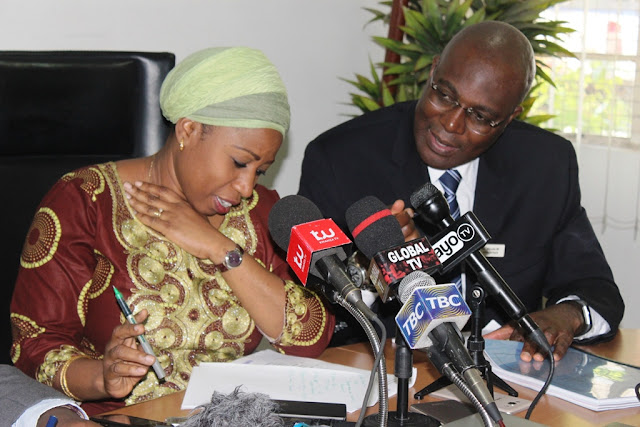
Some commentators argue that Ummy’s consultative approach, while commendable in theory, has historically been perceived as a weakness that has followed her career. This criticism was notably articulated (Mwananchi, 2016 by Julius Mtatiro) upon her initial appointment as the Minister of Health, Community Development, Gender, Elderly and Children. Mtatiro contended that Ummy’s “inability to trust her own ideas” had been a recurring issue. Nevertheless, this assessment remains unchallenged adequately. The aim of this article, though, is to delve into how she handled matters—at least publicly, as we recount her legacy as Minister of Health.
Posture of perpetual learning
She was a blend of authority and inquisitiveness within the health sector. She commanded respect while cultivating a profound sense of camaraderie. Her approach to managing medical experts was as unconventional as it was effective on most occasions. Rather than imposing her will, she opted for a posture of perpetual learning. “Mimi ni mwanafunzi mzuri wa Prof. Janabi” were some of he phrases she used in emphasizing to the public on matters of health but also her way of treating seasoned professionals with the deference of a student. This, coupled with a genuine thirst for knowledge, forged an extraordinary bond with her team. They saw in her not just a boss, but a curious and capable collaborator. Ummy always sought to translate complex medical concepts into layman’s terms for the public. This, in a way, showed a deftness for communication which is a key skill for a health minister and for leadership acumen.
Moments of agitation, cheers!
When it came to dealing with healthcare workers, one would describe Ummy as a “stern protector” who embodied harshness and protective nature, given her actions, decisions and declarations. There were moments for doctors to cheer, whenever she stood on their side and took their concerns seriously, like on October 25, 2018, when she appointed a medical doctor-cum-lawyer to be the registrar of the Medical Council of Tanganyika(MCT). For many years, doctors had complained that they were not well represented in ethics meetings and registration process. Or when doctors were up in arms against ‘unfair’ government officials. She seemed to stand on their side. These are just a few among many situations where health workers smiled and cheered, especially when she sided with them on their welfare matters. But there were also moments of agitation when she seemed to challenge the status quo, or at times tried to address systemic challenges in Human Resources for Health (HRH), with a “controversial” approach. Notably when it came to distributing medical specialists in remote areas of the country or limit doctors’ private practice. She leaves behind a nagging 60% shortage of healthcare workers, and yet the country is still producing more health workers than it can absorb, plus the HRH challenge has remained a persistent snag.
Was she a populist?
Her approach on some issues may tempt one to argue that she employed a populist leadership style with reformist undertones—a typical scenario being in November 2023 when she announced that she would personally launch a crackdown on pharmacies and pharmacists dispensing antibiotics without prescriptions. While undeniably aimed at addressing the critical issue of Antimicrobial Resistance (AMR), this approach is seen, by experienced pharmacists, as a populist and potentially ineffective approach. Many argue that the root causes of unregulated antibiotic use are more complex. Factors such as the discontinuation of Form 2C, the removal of the NHIF community pharmacies from hospital premises, and the lax regulation of polyclinics are said to have contributed to the problem. Consequently, a simple crackdown that she announced, may not yield the desired results, and could potentially exacerbate existing challenges in the healthcare system.
What she’s credited for
If you’ve been a keen follower of her work, you may have lots of her achievements to document. Some, however, stand out than the rest. In her CV, which she revised in 2021, Ummy says she is proud of having “Successfully led the first phase of Tanzania’s response to COVID-19 outbreak (March to December 2020).” At the height of the pandemic, she was dubbed “Dada ya Corona” for her fearless advocacy of WHO protocols and consistent public communication of case numbers and prevention measures.
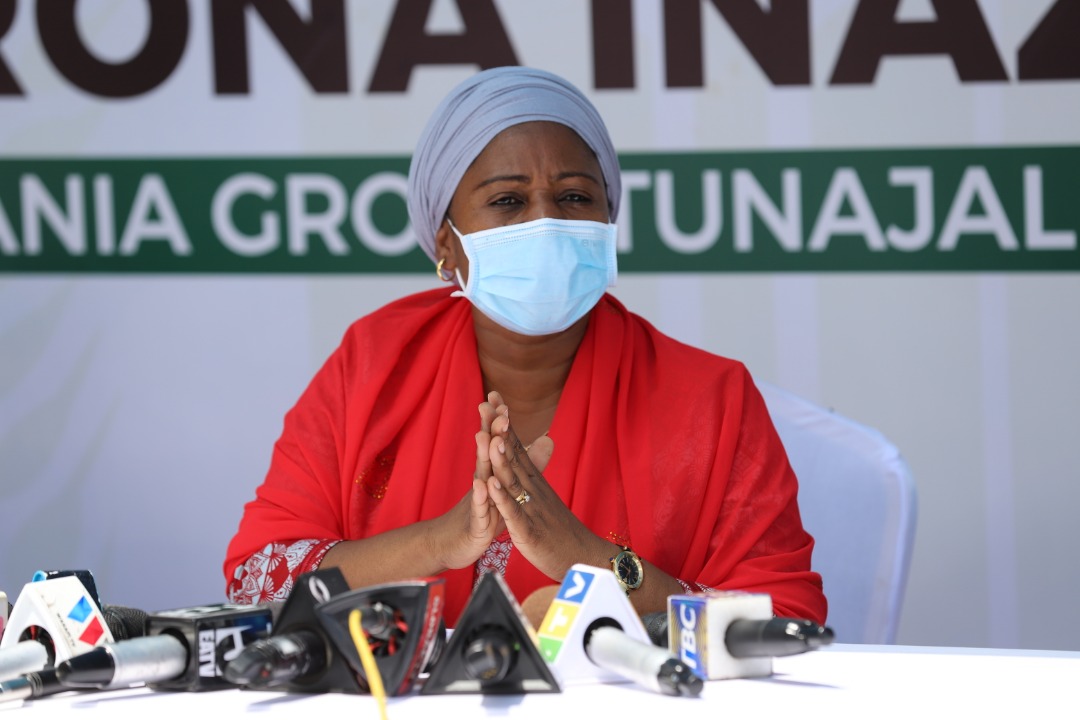
But that did not last long.The political approach to the pandemic changed—the scientific approach became irrelevant in the country under President John Magufuli by then. Despite facing political headwinds, she weathered the storm, only to be unexpectedly removed from her post by Magufuli whose approach to the pandemic was mired with controversy. However, later in 2022 when Tanzania shifted gears in its approach to the pandemic, Ummy was returned to her position as Health Minister—and led the final leg of the campaigns against the disease. She was awarded for steering the efforts to fight the pandemic at a critical time.
Then came another critical issue: NHIF
Ummy’s abrupt removal from office as part of the minor cabinet reshuffle came in less than a week after the NHIF Director General Benard Konga left the office after ending his 7-year tenure. But this also coincided with an abrupt announcement from Aga Khan Hospital that it was suspending services to NHIF clients. The latter dramatic event between NHIF and Aga Khan highlighted a longstanding and contentious relationship between NHIF and private healthcare providers.
Also read: Why NHIF Is Trapped In Endless Price Wrangles With Private
Dr. Egina Makwabe, Chairman of the Association of Private Health Facilities of Tanzania, warned that many hospitals would struggle to survive under the current payment terms, echoing the concerns raised by Aga Khan’s decision. This crisis is symptomatic of a broader failure to reconcile the interests of public and private healthcare sectors, a challenge that persisted throughout Ummy’s tenure. Despite her early and vocal advocacy back in 2016 for Universal Health Coverage (UHC), a national goal set for 2030, her administration was marked by controversy in this aspect. She was widely criticized for “suspending” Toto Afya Card, which she had helped spearhead. But she has repeatedly asserted that it was not entirely discontinued but rather underwent a transformation. Ultimately, her legacy is intertwined with the unresolved tensions between the public and private healthcare sectors, raising questions about the effectiveness of her leadership in achieving UHC. Despite all that, she spearheaded Tanzania’s landmark Universal Health Insurance law (UHI) whose implementation remains unfinished business for the health sector.
NHIF has a new Director General Dr. Irene Isaka, and the Ministry of Health currently under Jenista Mahagama, a teacher and MP for Peramiho. It remains to be seen how the new leadership will address the complex issues plaguing the healthcare system, particularly the fraught relationship between the public and private sectors and the implementation of the nation’s ambitious Universal Health Insurance law.
So, does it matter if a health minister has background in health or not?
The debate over whether medical expertise is essential for health leadership often hinges on the distinction between clinical practice and policymaking. Critics argue that successful health ministers are primarily administrators rather than practitioners, requiring strong leadership and policy acumen. While familiarity with the healthcare sector is undoubtedly beneficial, governance experts contend that a deep understanding of policy and the ability to navigate complex political landscapes are more critical for driving positive health outcomes. Ultimately, the effectiveness of a health minister likely depends on a combination of factors, including leadership skills, policy expertise, and the ability to collaborate with diverse stakeholders. Did Ummy have these qualities? You are the judge.





